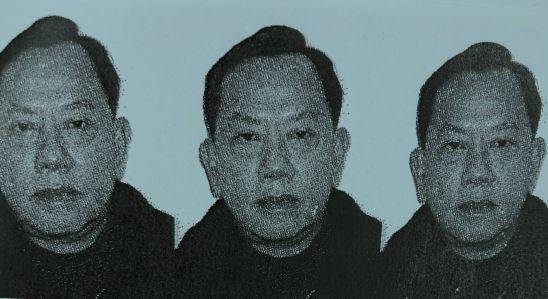B.C. casino investigators probed real estate lawyers whom they had connected to private mortgages, organized crime and an alleged transnational money-laundering scheme, the province’s inquiry has heard.

In testimony Tuesday at the Cullen Commission, Brad Rudnicki, a BC Lottery Corporation anti-money laundering intelligence specialist, said his investigations suggested foreign high rollers could have been buying Metro Vancouver homes through loan sharks in the same way they were buying casino chips.
This is the so-called “Vancouver Model” of money laundering, in which transnational organized crime suspects Kwok Chung Tam and Paul King Jin are accused of laundering drug cash by lending it to wealthy visitors from China, according to previous testimony.
A day earlier, the inquiry heard from an RCMP investigator who has alleged Jin and a Richmond currency exchange were operating as a drug trafficking organization by laundering cash for drug dealers in China, Latin America and Canada.
The RCMP alleged Jin’s China-based underground banking organization allegedly laundered funds by lending cash for casino chip purchases to visitors from China, who often secured these loans with private mortgages or promissory notes on their Vancouver properties. Charges against Jin were stayed in 2018, and results of a related RCMP investigation into Jin’s network are unknown, the inquiry heard. Both Tam and Jin deny they are organized-crime loan sharks.
Rudnicki testified that his team started to look at real estate lending and property ownership connected to Tam and Jin’s casino lending network in 2015. Both men were banned from B.C. casinos for five years, the inquiry heard, for various reasons. Rudnicki’s investigators noticed that high rollers in the Chinese network often took private mortgage loans from Jin, Tam and others.

He said he found gamblers could buy and renovate Metro Vancouver homes with loans from casino loan sharks, and then sell them soon after for millions in profit. And this could launder money in Canada for both the lenders and buyers, he said.
“You could almost replace ‘casino’ with ‘house,'” Rudnicki said. “How these loans are paid back — it is very similar to the model of the players borrowing funds in the casino. (The loan) could be paid back overseas or in town.”

Get daily National news
He said his team also looked at suspicious gamblers who listed their occupations as “student” or “housewife” but bet large amounts of money because it suggested they were connected to high rollers with hidden sources of wealth. This same relationship seemed to hold up in the real estate purchases by students and housewives, he added.
“When we researched these players, we would find them attached to multi-million-dollar houses, and we could link them to another player in the database (who) wouldn’t be listed on land titles.”
These hidden high rollers were often connected to foreign companies and were believed to be relatives of the spouses or children fronting real estate and casino chip purchases, he said.
Another pattern Rudnicki found related to Tam, Jin and others was lawyers who would register private mortgage lending contracts in B.C.
Rudnicki pointed to one unidentified lawyer who was known to be facing a Law Society of B.C. investigation after 2015.
“It could be unusual that private mortgages are being loaned from people linked to organized crime, and a lawyer was registering the mortgage,” he testified.
“And the lawyer in this case had an investigation ongoing. So there was adverse media, (so casino investigators thought) perhaps this lawyer is being utilized for their ability to register private mortgages.”

In another case, an unidentified lawyer was linked to a property with eight residents, many of whom listed occupations in Chinese hospitals, which seemed unusual, Rudnicki said. The property owner was connected to a number of real estate lending cases and three banned Lottery Corp. patrons, including Tam and Jin, the inquiry heard.
Rudnicki said his data didn’t prove wrongdoing on the part of lawyers connected to mortgages originated by gang suspects, but that it suggested further investigation was warranted.
The commission’s mandate is to determine whether corruption or other issues allowed drug money laundering to take root in B.C. casinos and real estate.
The inquiry continues.






Comments